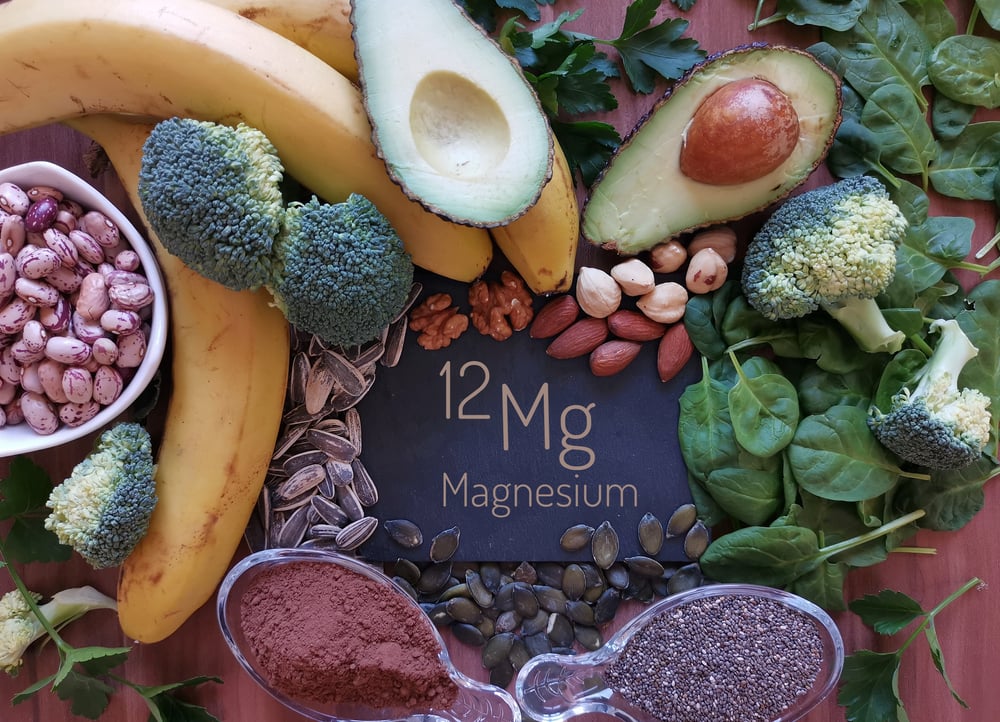Introduction
Vitamin B is a group of vitamins that are essential for human health. These vitamins are water-soluble, meaning they are not stored in the body and need to be replenished regularly. While all of the vitamins in this group are important, some are more so than others.
In this blog post, we will explore everything you need to know about vitamin B. From its history and discovery to its many benefits and uses, read on to learn all about this important group of vitamins.
What is vitamin B?
Vitamin B is a water soluble vitamin that is found in many foods. It is made up of eight different nutrients, all of which are essential for human health. The eight nutrients are: thiamine, riboflavin, niacin, pantothenic acid, biotin, folate, vitamin B6, and vitamin B12.
Vitamin B is necessary for many different bodily functions, including the metabolism of carbohydrates, fats, and proteins. It is also needed for the proper function of the nervous system, as well as for the production of red blood cells. Vitamin B deficiency can lead to a number of health problems, including anemia, fatigue, and depression.
What are the benefits of vitamin B?
Vitamin B is essential for many functions in the body, including energy production, cell growth, and immune function. B vitamins are water-soluble, meaning they are not stored in the body and need to be replenished regularly.
There are many different forms of vitamin B, but the most common are vitamin B12 and folate (also known as vitamin B9). Vitamin B12 is found in animal foods, while folate is found in leafy green vegetables, legumes, and some fortified foods.
Getting enough vitamin B is important for overall health, but there are some specific benefits of vitamin B that are worth highlighting:
- Vitamin B12 is essential for the formation of red blood cells, which carry oxygen around the body.
- Folate is important for proper cell growth and development, and is particularly important for
What foods contain vitamin B?
There are many foods that contain vitamin B, including meats, poultry, fish, eggs, and dairy products. Foods that are fortified with vitamin B, such as breakfast cereals and some types of bread, are also good sources of this vitamin. Vitamin B is essential for the body to convert food into energy, and it also plays a role in maintaining the health of the nervous system.












